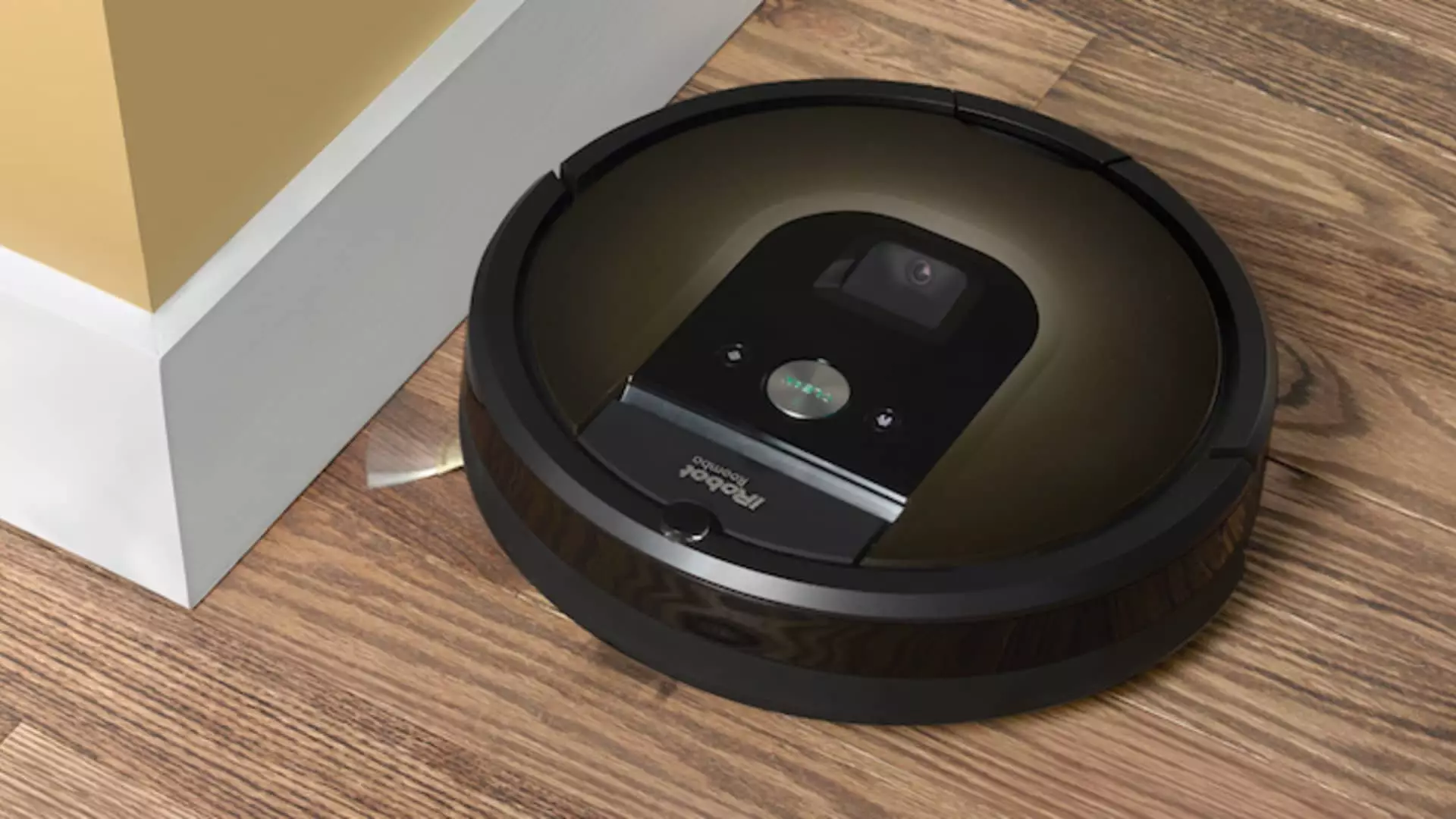In a blow to both Amazon and iRobot, shares of the Roomba maker plummeted by 19% following reports that Amazon’s concessions to Europe’s antitrust watchdog were rejected. The European Commission expressed concerns over potential competition issues arising from the planned $1.7 billion acquisition, prompting the need for Amazon and iRobot to propose changes to their business practices in the EU market. However, an article by Politico revealed that Amazon did not offer any concessions by the deadline, intensifying the uncertainty surrounding the deal’s approval.
The failure to meet the European Commission’s expectations could have significant implications for Amazon’s expansion plans into the robotics industry. With iRobot being a leading player in the market, the acquisition was seen as a strategic move to strengthen Amazon’s presence in the rapidly growing sector. However, the European Commission’s concerns stem from the possibility that Amazon could abuse its position by limiting access to iRobot’s competitors on its platform. If left unresolved, this could lead to restricted competition and potential harm to consumer choice.
Despite the mounting pressure and speculation surrounding the rejected concessions, Amazon declined to comment on the matter. The online retail giant has kept its intentions and strategies closely guarded, leaving industry experts and investors to wonder about the next steps in this acquisition journey. The lack of clarity from Amazon only adds to the overall uncertainty and concern surrounding the deal’s future prospects.
Review Process and Pending Ruling
The European Commission initiated an in-depth probe into Amazon’s acquisition of iRobot in July, with a decision expected to be announced by February 14th. This ruling could potentially determine the fate of the deal and shed light on the European Union’s stance on preserving fair competition within its markets. Although the rejection of concessions does not necessarily mean the acquisition is doomed, it does highlight the seriousness of the concerns raised by the European Commission.
While the European Commission’s decision carries significant weight, it is not the only regulatory body examining the proposed acquisition. The U.S. Federal Trade Commission is currently reviewing the deal for any potential antitrust violations or adverse effects on competition within the United States. Additionally, the U.K.’s Competition and Markets Authority previously stated that the acquisition would not lead to a substantial reduction in competition. These parallel investigations further add to the complexity and uncertainty surrounding the completion of this deal.
With the rejection of concessions and the final ruling still pending, both Amazon and iRobot find themselves in a challenging position. The future direction of the acquisition remains uncertain, and investors are left grappling with the unpredictable outcome. Market sentiment has already been impacted, evident from the significant drop in iRobot’s share price. Whether Amazon can address the European Commission’s concerns successfully or if alternative solutions will be proposed is yet to be seen. Until then, stakeholders eagerly await further developments in this high-stakes battle between regulatory scrutiny and corporate ambitions.

Leave a Reply